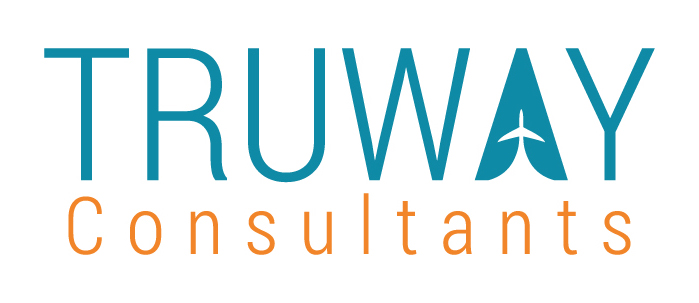Europe Work Visa: Everything You Need to Know
Work visa policies across European countries vary significantly, tailored to their specific labor demands and job shortages that have arisen over the years. Consequently, the criteria, prerequisites, and application procedures for work visas are intricately tied to the labor requirements of individual nations and their legislative frameworks.
Now, let’s delve into some frequently asked questions about pursuing employment opportunities in Europe.



Can anyone work in Europe?
Employment in Europe is open to individuals who satisfy the specified criteria and conditions.
Individuals from the United States, Australia, Canada, Israel, Japan, New Zealand, Switzerland, and EU member countries are exempt from the need for a European work visa. Nonetheless, they must apply for a residence and work permit upon their arrival in the destination country where they plan to work.
For citizens of other nations, obtaining a work visa is a prerequisite before entering European nations for employment reasons.

Types of work visas for Europe
It’s important to clarify that there is no such thing as a Schengen work visa. The Schengen visa is designed for purposes such as tourism, visiting family and friends, conducting business, and seeking medical treatment.
If your goal is to work in an EU country or a Schengen member nation, you will need to apply for the relevant travel permit provided by one of the European countries in the Schengen Area.
How long is a Europe work visa valid for?
The majority of European work visas come with a one-year validity period. Nevertheless, in most countries, it is feasible to request a visa extension once the initial visa has expired.
Easiest European countries to obtain a work visa
While Europe has traditionally posed challenges for non-European citizens seeking to relocate for employment, the landscape is evolving. Below is a list of Schengen countries where obtaining a work visa has become more accessible for non-European citizens.

Poland

Hungary

Croatia

Romania

Portugal

Czech Republic

Serbia

Germany
Is it difficult to get a work visa for Europe?
Every European member state has its individual immigration policies when it comes to applicants seeking a work visa.
The degree of simplicity or difficulty in obtaining a work visa hinges on the particular immigration regulations of the respective country. Acceptance likelihood is also influenced by the occupation in question and its alignment with the country’s labor requirements.
Consequently, it’s advisable to assess your eligibility and the probability of meeting the criteria before initiating the work visa application process.

How to apply for a European work visa with an agent?
To secure a work visa for Europe, adhere to the following steps:
- Investigate the available work visa options in your desired country.
- Determine your eligibility for a work visa based on the country’s requirements.
- Assemble the requisite documentation for your work visa application.
- Arrange a visa interview, if necessary.
- Patiently await the processing of your visa.
While these steps represent the general procedure for applying for a European work visa, it’s essential to be aware that specific variations may exist based on the country to which you are applying.

